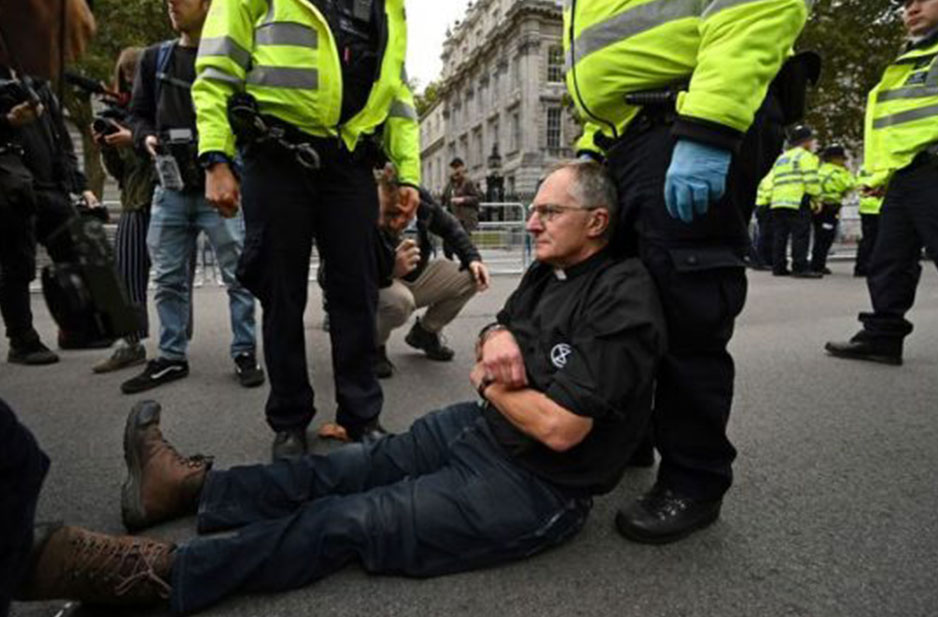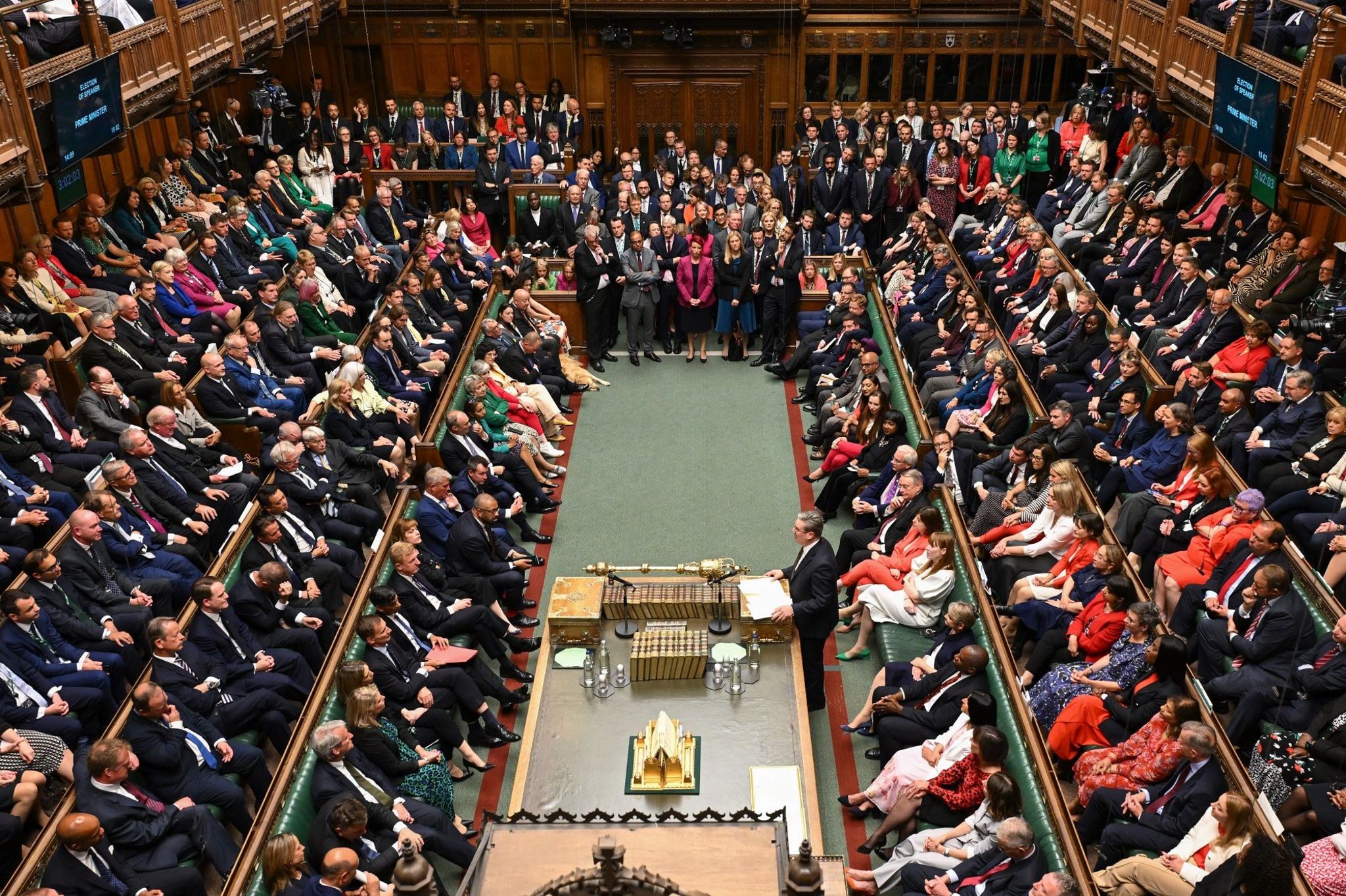A police ban on Extinction Rebellion protests in London last month was unlawful, following a High Court ruling.
The Metropolitan Police imposed the ban, which prevented two or more people from the group taking part in protests, under the Public Order Act.
The judges ruled that police had no power to do this because the law did not cover "separate assemblies".
Lord Justice Dingemans said: "Separate gatherings, separated both in time and by many miles, even if co-ordinated under the umbrella of one body, are not a public assembly within the meaning of... the Act.
"The Extinction Rebellion autumn uprising intended to be held from October 14 to 19 was not therefore a public assembly.
The decision to impose the condition was unlawful because there was no power to impose it under the Act."
The judges noted that there are powers within that act which may be used lawfully to "control future protests which are deliberately designed to 'take police resources to breaking point"'.
Following the ruling, activists say the police could now face claims for false imprisonment from "potentially hundreds" of protesters.
During a series of climate change protests last month, activists shut down areas around Parliament and the Bank of England, and targeted London City Airport.
Police had previously warned protesters to keep demonstrations in Trafalgar Square, or risk arrest - before issuing a city-wide ban under Section 14 of the Public Order Act. It was issued on the same day as a message posted online by London activists.
The ban was lifted four days later, with officers from the Met saying that it was no longer necessary because demonstrations had ended.
The protests, which led to 1,828 arrests, was said to have cost £24m to police.
165 people were charged with offences, the Met says.
The Met’s Assistant Commissioner, Nick Ephgrave, said the decision to impose the ban had been "reasonable and proportionate" and "was not taken lightly.
He said: “I would not and cannot ban protests.
“That the ruling was made specifically on whether officers could arrest demonstrators for assembling in central London.
"There is no criticism from me of the decision to impose the condition, which was made with good intent and based upon the circumstances confronting the command team at the time.
"It did in fact result in the reduction of the disruption. Nevertheless, this case highlights that policing demonstrations like these, within the existing legal framework, can be challenging."
Having argued that the ban was the only way to tackle widespread disruption, London’s Metropolitan Police said it would "carefully consider" the ruling.
Describing itself as an international "non-violent civil disobedience activist movement", XR wants governments to declare a "climate and ecological emergency" and take immediate action to address climate change.
















